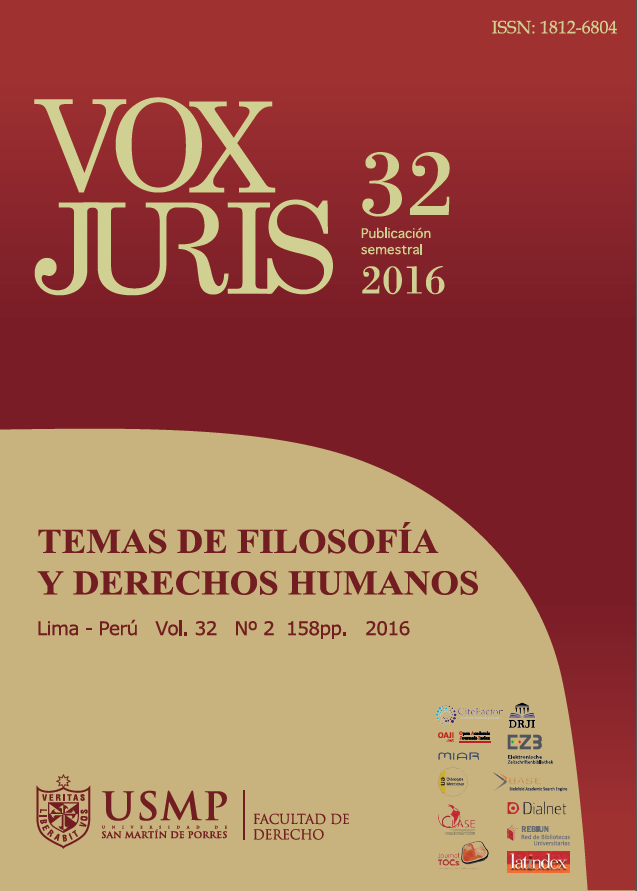Recognition and Justice in Paul Ricoeur’s ethics
Keywords:
Ricoeur, recognition, justice, dialogue, othernessAbstract
This article aims to show that the recognition and justice are fundamental principles in the ethics of Paul Ricoeur who presents in his book Oneself as another. On the one hand, it is to examine the concept of identity in the hermeneutics of Ricoeur and the role of otherness in the constitution of the identity of the subject as oneself. And secondly, we analyze the central concepts of ethics Ricoeur whose philosophical argument will be developed in three stages. This argumentative way achieve integrate two ethical paradigms (teleological ethics and deontological ethics), and allow us to describe their ethics based on three themes: the priority of recognition in the ethics of Ricoeur, the meanings of the notion of recognition and justice as aim of ethics, which in turn is mediated by creating universal in context. Through this analysis, we show that justice is conditioned by the recognition of the other and dialogue in its ethical proposal.
Downloads
Downloads
Published
Issue
Section
License
Los autores que publican en esta revista están de acuerdo con los siguientes términos:
- Los autores conservan los derechos de autor y garantizan a la revista el derecho de ser la primera publicación del trabajo al igual que licenciado bajo una Creative Commons Attribution que permite a otros compartir el trabajo con un reconocimiento de la autoría del trabajo inicial en esta revista.


